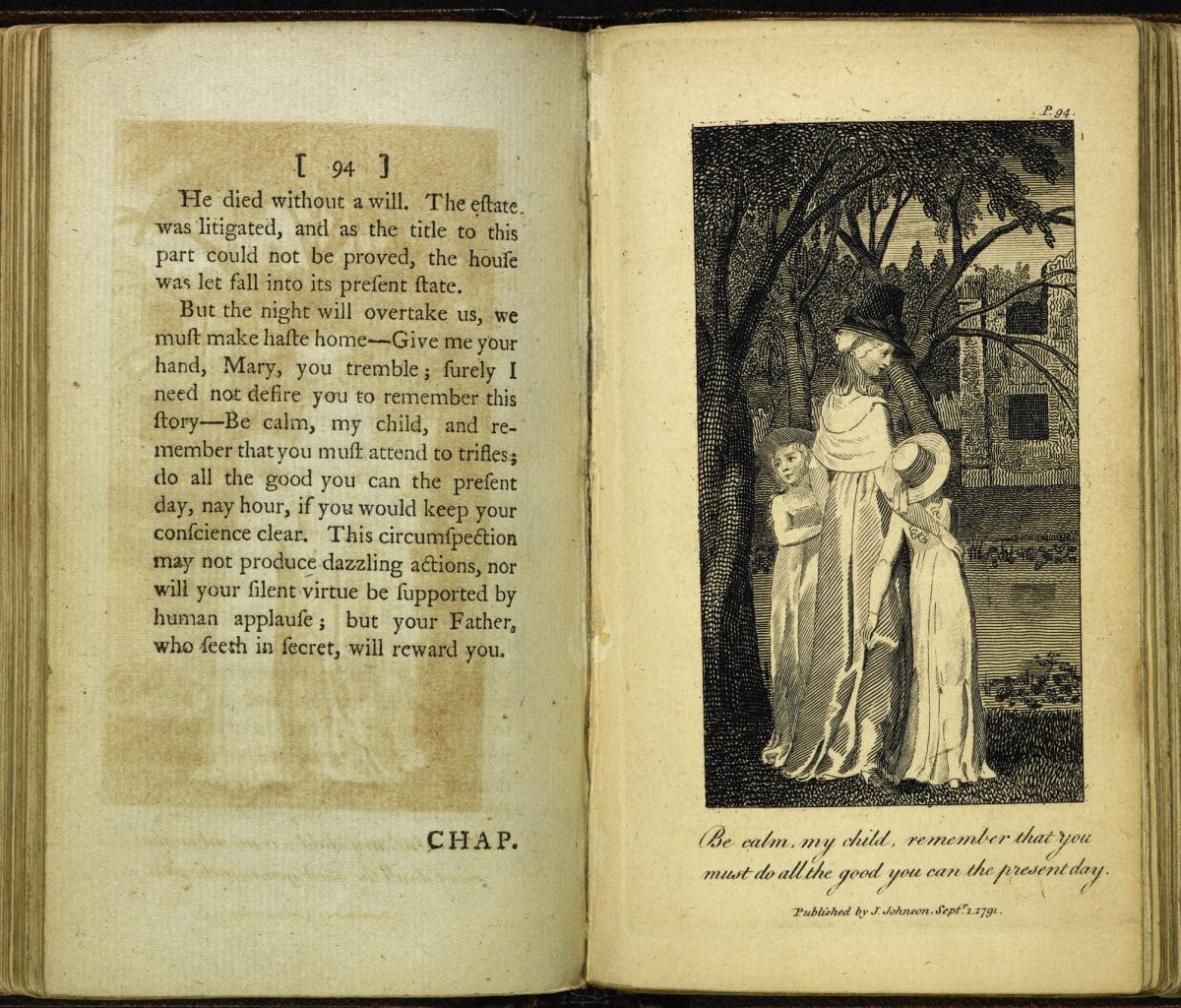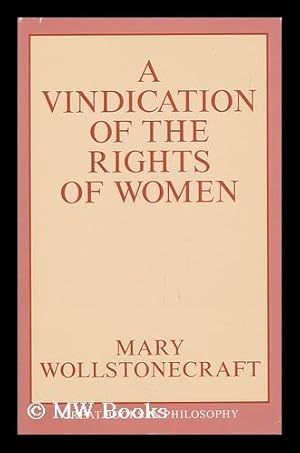

Under this polemic arc, the authors of this collection have gathered material to sketch the current discussion on topics of feminist political and social philosophy. One of their main arguments was that with reference to the ideal of reasonability, Wollstonecraft had denied or neglected the female perspective, the importance of otherness, in feminist political and social reasoning. This feminist critique pointed out the masculinity of (her) reasoning. Consequently, Wollstonecraft's sisters in gender, emphasizing the need for unity among the suppressed sex, called Wollstonecraft herself a misogynist.

Women, she wrote, subject themselves to domination, "creeping in the dust" and relinquishing their dignity.

What makes Wollstonecraft so controversial among feminist thinkers is, above all, her critique of women's weaknesses and their acceptance of their own slavery, seemingly begging for food instead of for freedom. Rousseau's model excluded women from egalitarian participation, which was defended by Wollstonecraft in a general and radical claim for the participation of everyone, male or female.

Her writings satisfy the claims of the feminist approach insofar as they contain a decisive critique of patriarchal dominion which points to political misogyny, presented in just as decisive a critique of Rousseau's double morals in his political representational claims and the educational and political model he had drafted for women. Nonetheless, although these issues have continued to be relevant, Wollstonecraft's position is debated within feminist theory. Today, her writing serves as an example of a proto-feminist approach which articulates this special problem of the sexes as an elementary moment in political philosophy. Her ideas focus on important themes such as how a community organizes itself and what is wrong with the general positions of women in society. Mary Wollstonecraft (1759-1797), a famous and prolific writer whose work was translated into several languages during her lifetime, reflected on the philosophical and political issues connected with the topics current at that time.


 0 kommentar(er)
0 kommentar(er)
